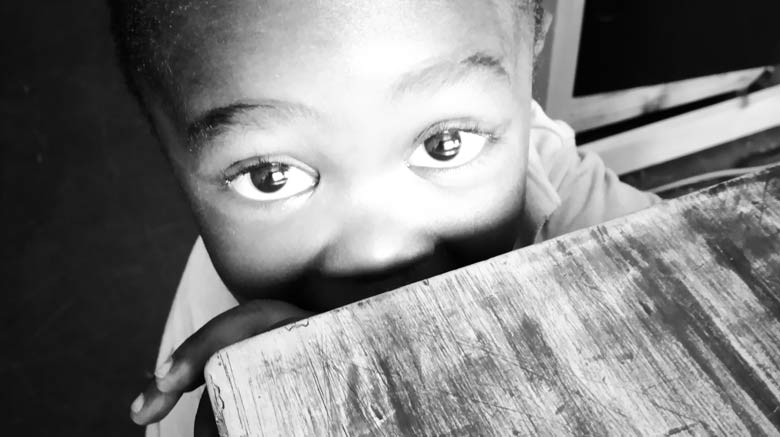Africa continues to appear as a continent that is torn by tension and war. But the reality is more complex than that. It’s not the only truth. The continent where 60 percent of the population is under the age of fifteen is tenacious and has a great desire to live. Is Africa the future?
What is shown does not always express reality. Or rather, what often is shown is only a glimpse of reality. Thus the Africa that appears today, more than sixty years after independence, is a continent still torn by tensions, wars, and crises and vulnerable to natural disasters and those caused by man, that is, by ruthless dictators, addicted to power for decades. But this, in fact, is only what is shown. It’s real, of course, but that’s not all.
Africa, or rather the Africans, have proven to be a tenacious continent, one that wants to live, that wants to have a chance. And one that has a voice. Let me give an example that concerns biology, but which can be applied in a social context which I will explain.
In the 1980s, when the AIDS virus was discovered, authoritative commentators, analysts, doctors, and scientists predicted that Africa’s demographic growth would reverse, their blood would become negative, and entire human settlements would disappear. Africa, on the other hand, proved everyone wrong: in thirty years it has grown by over two hundred million people, and cities instead of shrinking have become megalopolises in which most of the continent’s population lives.
In fact, this is a kind of metaphor for the social situation. Africa is a young continent: 60 percent of its inhabitants are under the age of fifteen. It is a continent that has a formidable will to live, made up of people who know how to enjoy what the present offers them and for whom the future is an opportunity. It is a continent that knows how to live in solidarity and rejects unbridled individualism. This is demonstrated by extended families, villages, and slums where children are treated and raised collectively. It is a courageous continent: its children know how to undertake endless journeys, full of risks and loneliness, to conquer a bit of a future.
Our old Europe (and the West in general), in many ways, is exactly the opposite: the age pyramid is the opposite of the African one; we are a continent of old people, moderates, fearful people unable to live in the present, for whom the future is an indefinite and looming threat; we accumulate savings in banks, we pay insurance to feel less precarious and then, often, life throws everything up in the air. Seen this way, Africa is the future and Europe is the decadence.

